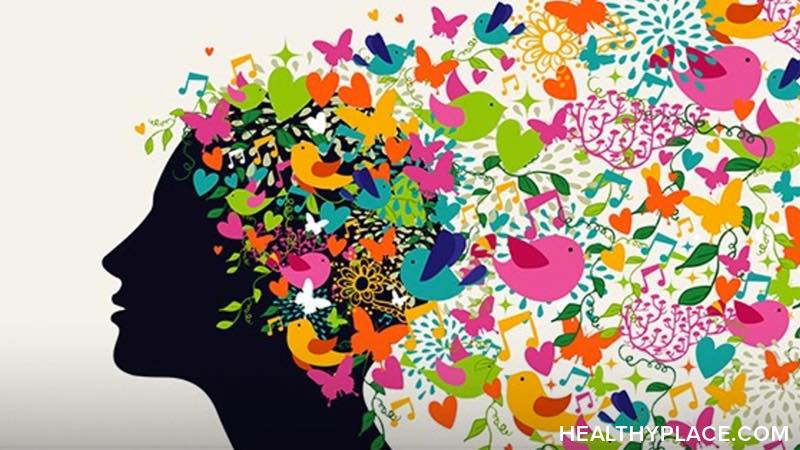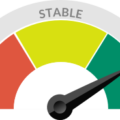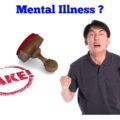Mental health refers to cognitive, behavioral, and emotional well-being. It is all about how people think, feel, and behave. People sometimes use the term “mental health” to mean the absence of a mental disorder.
Mental health can affect daily living, relationships, and physical health. However, this link also works in the other direction. Factors in people’s lives, interpersonal connections, and physical factors can all contribute to mental health disruptions.
Looking after mental health can preserve a person’s ability to enjoy life. Doing this involves reaching a balance between life activities, responsibilities, and efforts to achieve psychological resilience. Conditions such as stress, depression, and anxiety can all affect mental health and disrupt a person’s routine. Although the term mental health is in common use, many conditions that doctors recognize as psychological disorders have physical roots.
What Are Mental Illnesses?
Mental illness is a general term for a group of illnesses that may include symptoms that can affect a person’s thinking, perceptions, mood, or behavior. Mental illness can make it difficult for someone to cope with work, relationships, and other demands. The relationship between stress and mental illness is complex, but it is known that stress can worsen an episode of mental illness. Most people can manage their mental illness with medication, counseling, or both.
Are There 4 Types Of Mental Illness?
There are more than four (4) types of mental illnesses and issues. According to Medline plus there is no single cause for mental illness as a number of factors can contribute to risk for mental illness as earlier stated. This page lists some of the more common mental health issues and mental illnesses include;
Anxiety disorders
Anxiety disorders are a group of mental health disorders that includes generalized anxiety disorders, social phobias, specific phobias (for example, agoraphobia and claustrophobia), panic disorders, obsessive-compulsive disorder (OCD), and post-traumatic stress disorder. Untreated anxiety disorders can lead to significant impairment on people’s daily lives.
Behavioral and emotional disorders in children
Common behavior disorders in children include oppositional defiant disorder (ODD), conduct disorder (CD), and attention deficit hyperactivity disorder (ADHD). Treatment for these mental health disorders can include therapy, education, and medication.
Bipolar affective disorder
Bipolar affective disorder is a type of mood disorder, previously referred to as ‘manic depression’. A person with bipolar disorder experiences episodes of mania (elation) and depression. The person may or may not experience psychotic symptoms. The exact cause is unknown, but a genetic predisposition has been clearly established. Environmental stressors can also trigger episodes of this mental illness.
Depression
Depression is a mood disorder characterized by lowering of mood, loss of interest and enjoyment, and reduced energy. It is not just feeling sad. There are different types and symptoms of depression. There are varying levels of severity and symptoms related to depression. Symptoms of depression can lead to an increased risk of suicidal thoughts or behaviors.
Dissociation and dissociative disorders
Dissociation is a mental process where a person disconnects from their thoughts, feelings, memories, or sense of identity. Dissociative disorders include dissociative amnesia, dissociative fugue, depersonalization disorder, and dissociative identity disorder.
Eating disorders
Eating disorders include anorexia, bulimia nervosa, and other binge eating disorders. Eating disorders affect females and males and can have serious psychological and physical consequences.
Obsessive-compulsive disorder
Obsessive-compulsive disorder (OCD) is an anxiety disorder. Obsessions are recurrent thoughts, images, or impulses that are intrusive and unwanted. Compulsions are time-consuming and distressing repetitive rituals. Treatments include cognitive behavior therapy (CBT), and medications.
Paranoia
Paranoia is the irrational and persistent feeling that people are ‘out to get you’. Paranoia may be a symptom of conditions including paranoid personality disorder, delusional (paranoid) disorder, and schizophrenia. Treatment for paranoia includes medications and psychological support.
Post-traumatic stress disorder
Post-traumatic stress disorder (PTSD) is a mental health condition that can develop as a response to people who have experienced any traumatic event. This can be a car or other serious accident, physical or sexual assault, war-related events or torture, or natural disasters such as bushfires or floods.
Psychosis
People affected by psychosis can experience delusions, hallucinations, and confused thinking. Psychosis can occur in a number of mental illnesses, including drug-induced psychosis, schizophrenia, and mood disorders. Medication and psychological support can relieve, or even eliminate psychotic symptoms.
Schizophrenia
Schizophrenia is a complex psychotic disorder characterized by disruptions to thinking and emotions and a distorted perception of reality. Symptoms of schizophrenia vary widely but may include hallucinations, delusions, thought disorder, social withdrawal, lack of motivation, and impaired thinking and memory. People with schizophrenia have a high risk of suicide. Schizophrenia is not a split personality.





